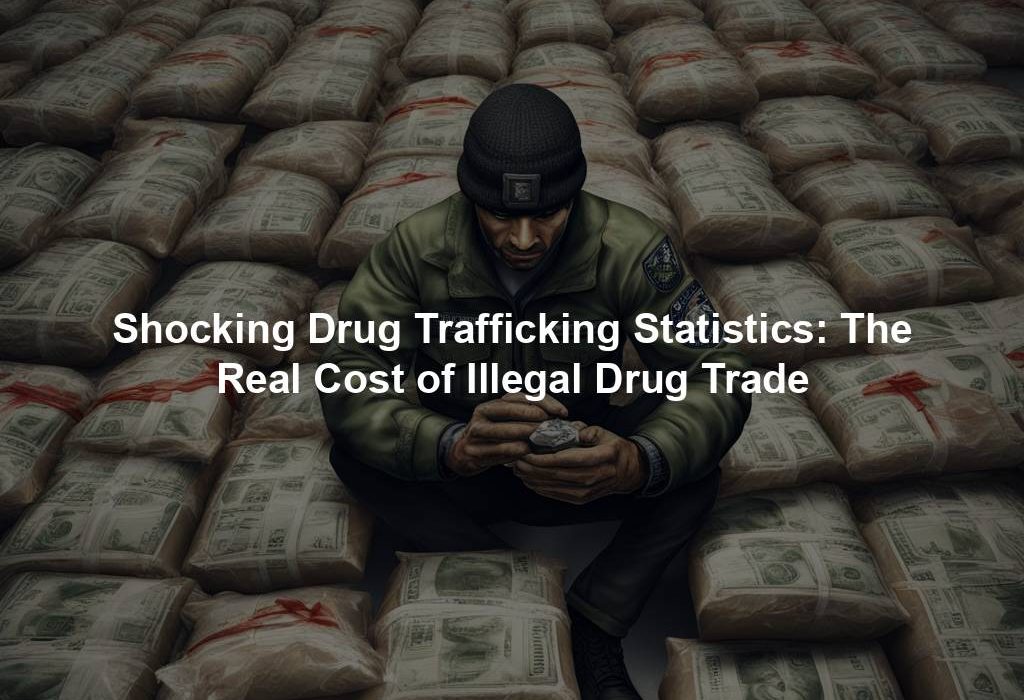Drug trafficking is a pressing global concern that impacts millions of individuals on a daily basis. From the creation to the circulation of illicit substances, this unlawful practice carries severe consequences for society as a whole. The statistics pertaining to drug trafficking are eye-opening, shedding light on the real repercussions of this illicit commerce.
According to the United Nations Office on Drugs and Crime (UNODC), the worldwide drug trade is valued at more than $500 billion per year. This astonishing number underscores the sheer magnitude of the issue and showcases the enormous profits that can be generated through drug trafficking. These profits are frequently funneled into other criminal endeavors, such as terrorism and organized crime, further compounding the problems associated with drug trafficking.
Beyond the financial ramifications, drug trafficking exerts a substantial toll on public health. The World Health Organization (WHO) approximates that approximately 35 million people globally grapple with substance use disorders, with opioid consumption playing a significant role in this statistic. The accessibility of illicit drugs via trafficking networks simplifies individuals’ ability to obtain these substances, resulting in heightened rates of addiction and fatal overdoses.
Moreover, the illicit drug trade directly correlates with violence and crime rates. As per the UNODC, drug trafficking is intricately linked to violent criminal activities, with numerous drug trafficking syndicates resorting to aggression to safeguard their interests and territories. In various nations, drug trafficking serves as a primary instigator of violent crimes, leading to elevated levels of homicide and other violent transgressions.
One of the most distressing aspects of drug trafficking is its impact on vulnerable cohorts, such as children and marginalized communities. The UNODC underscores that drug trafficking frequently preys on these demographics, exploiting their susceptibilities and perpetuating cycles of deprivation and unrest. Children are especially vulnerable to recruitment into drug trafficking networks, where they are frequently subjected to mistreatment and exploitation.
The environmental repercussions of drug trafficking are also a crucial consideration. The fabrication of illicit drugs often entails the utilization of harmful substances and deforestation, resulting in considerable harm to ecosystems and wildlife. Additionally, drug trafficking pathways can traverse protected regions, further contributing to environmental deterioration.
Despite concerted efforts to combat drug trafficking, the predicament persists. Law enforcement agencies globally labor relentlessly to intercept drug consignments and dismantle trafficking networks, yet the profitable nature of the trade renders complete eradication challenging. International collaboration and holistic strategies are imperative in addressing the intricate challenges associated with drug trafficking and its extensive repercussions.
In summary, the statistics pertaining to drug trafficking unequivocally underscore the profound impact of this illicit trade on society. From financial repercussions to public health hazards and environmental impacts, drug trafficking engenders far-reaching ramifications that necessitate comprehensive and concerted actions. By comprehending the actual toll of drug trafficking, we can strive towards devising solutions to alleviate its deleterious effects and safeguard communities against the harmful influence of illicit substances.




